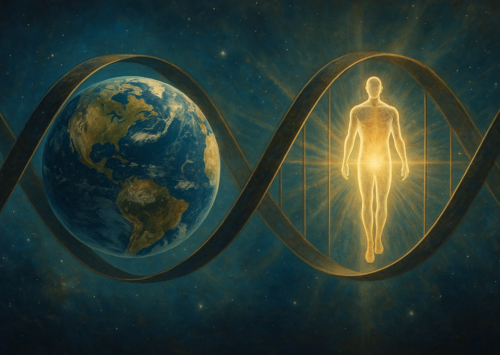
What is the purpose of a ranking on how differently happy the various countries of the world are? I intentionally ask myself this question on March 20th, the tenth International Day of Happiness established by the United Nations, and quite appropriately also the date of publication of the tenth edition of the World Happiness Report. The “official” happiness ranking, precisely, the result of thorough public opinion research conducted around the world.

Beyond the “usual” Northern European podium
In my opinion, the deeper value of this type of ranking does not lie in the most obvious and evident aspect — that of listing the best and worst places to live. We can and indeed must reach these kinds of conclusions by individually exploring many crucial aspects of contemporary life, cross-referencing them with our own personalities, beliefs and aspirations, the way we seek information, and how we interpret life.
Of course, some data is entirely objective — what young, free, contemporary woman, passionate about her studies, striving to build a career and follow her inclinations, would want to live in the social and cultural context of Taliban-controlled Afghanistan, unsurprisingly at the bottom of the report? However, the variables are many, and the point is certainly not to take at face value the now usual podium occupied by Northern European countries — this year, the trio of Finland, Denmark, and Iceland.
Promoting a cultural shift
What a World Happiness Report is truly useful for is instead promoting a global cultural shift: to deeply spread the message that the key criterion for evaluating the success of our human endeavors should be the happiness that we as a society are able — if not to directly create — at least to generate, attract, or nurture among the inhabitants of a nation.
So not only or primarily material elements, which are still expressions of fundamental rights, nor just straightforward numbers, which still inspire and inform more reliable judgments. Rather, that complex alchemy that binds people together and represents the foundational element of every human society.

A perspective that is also reflected in how the six WHR evaluation criteria have evolved over the years. In the 2023 report, one third of the criteria relate to a sphere we could define as more intimate or existential, which cannot be cataloged with indisputable data.
Besides healthy life expectancy, per capita GDP, social support, and a low level of corruption, we also find the generosity of the community where people care for one another and the freedom to make key decisions about one’s own life. A research project that reveals an effort to balance what is unquestionably measurable and what is not. And in my opinion, this adds value to this year’s report, especially in some sections I find fascinating.
Altruism and the social soul
The pandemic has naturally played a significant role. Globally, since 2020 there has been a consistent rise in benevolence and prosocial actions, meaning those actions that benefit other people and society as a whole, at a level at least a quarter higher than the pre-pandemic era.  The new data from the 2023 report — a snapshot of the previous year — shows that positive social connections and support for others are twice as prevalent as loneliness in 7 key countries across six different world regions. Relationships with others have thus gained new and renewed significance, influencing average values of personal satisfaction, resilience, and the ability to reassess certain aspects of life during times of crisis and difficulty.
The new data from the 2023 report — a snapshot of the previous year — shows that positive social connections and support for others are twice as prevalent as loneliness in 7 key countries across six different world regions. Relationships with others have thus gained new and renewed significance, influencing average values of personal satisfaction, resilience, and the ability to reassess certain aspects of life during times of crisis and difficulty.
Helping strangers, financially supporting causes, donating blood, and volunteering are the most common altruistic behaviors outlined in the WHR. And according to the study, not only is there a direct correlation between individual happiness and the adoption of these altruistic behaviors, but this is true both in comparisons between different countries and between different individuals.
More and more, we are discovering — as institutions, countries, or individuals — a powerful virtuous circle at work. Not only do altruistic acts make those who perform them and those who receive them happier. But based on some experimental evidence, the 2023 report theorizes a strong correlation between being the beneficiary of altruistic actions and the likelihood, once having experienced the benefits of those actions, of later becoming a proponent of that positive change, thus stepping up to help others. The link between happiness and altruism then proves to be a powerful, luminous, and consistent constant across contexts.







